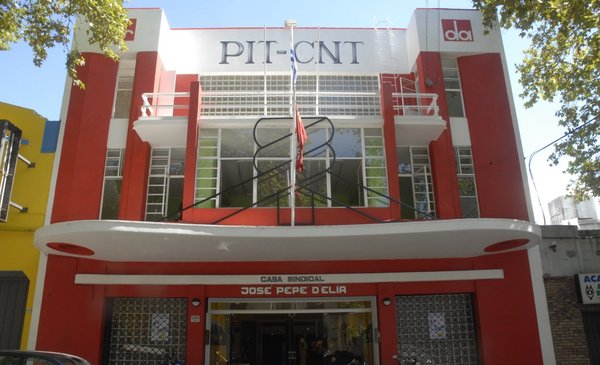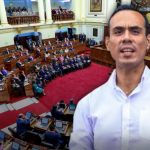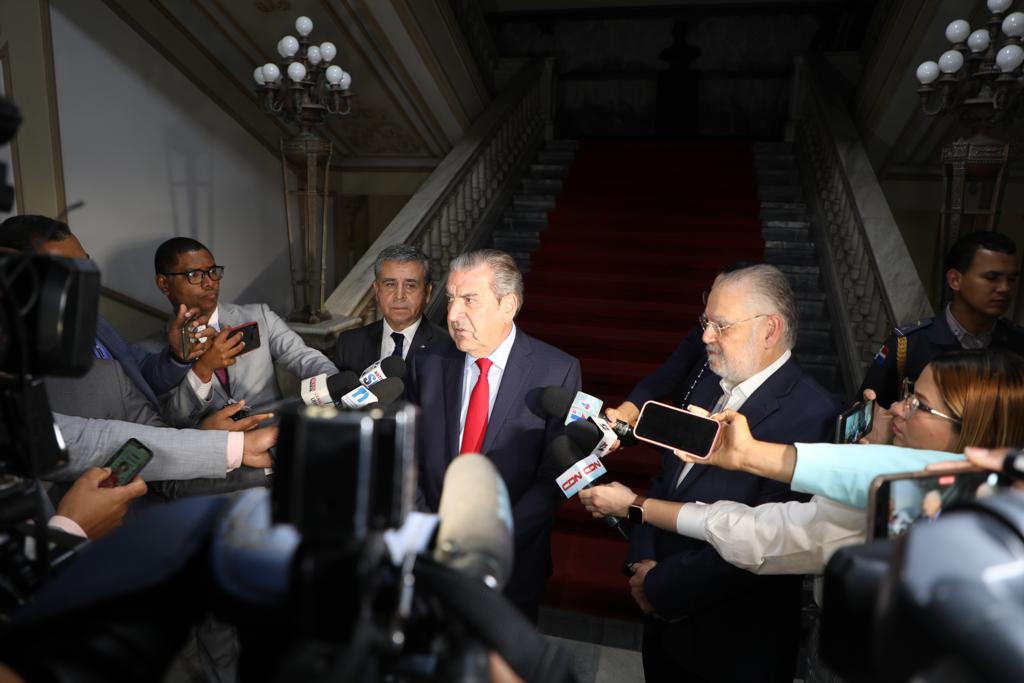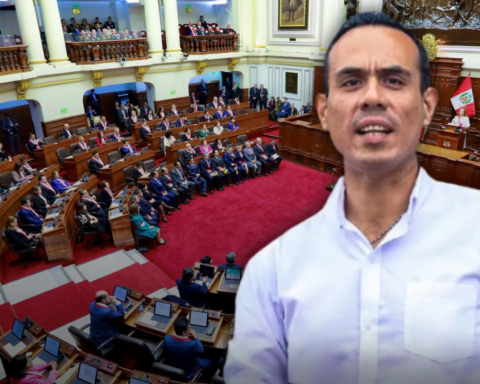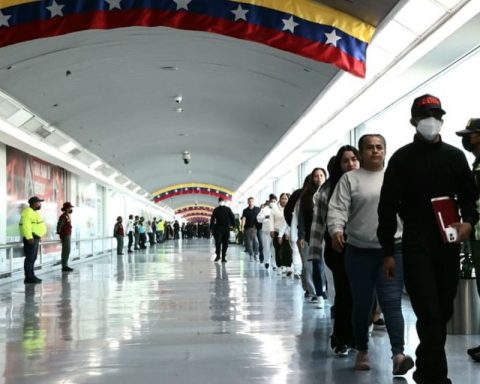In a document titled How did Uruguayan workers fare in these two years of government? the institute referred to “three fundamental aspects” that were not “highlighted” in the president’s presentation: employment, labor income and evolution of inflation.
About him job, it is pointed out that the president emphasized indicators whose recent trajectory was “more favorable”, but did not delve into “the bases that explain it or their sustainability”. TO As an example, it is stated that of the 48,500 jobs recovered on average during 2021, more than a third part is explained by the solidarity wage program.
“Although these are positive actions in what has to do with job creation, it is impossible not to notice the intrinsic precariousness of these jobs. In the first place, because they are by definition temporary jobs, whose completion – unless new extensions are granted – is scheduled for the end of March. In addition, as far as working conditions are concerned, they were initially designed for up to a maximum of 12 days a month and are currently scheduled for up to 6, with an income of about $1,000 per day. In this way, not only do they present problems of insufficient hours or underemployment, but they are also insufficient in terms of income”, says the report.
wages and inflation
In relation to the labor income of the workers, the PIT-CNT indicated that once again the recent evolution of salaries was not mentioned (they fell 3.1% on average during the last two years)“nor was there any clear reference to the fulfillment of the commitments assumed by the government regarding recovery.”
The report says that although President Lacalle Pou stated that in 2022 the recovery of purchasing power would begin, both both current and projected inflation are “well above” that estimated by the government. In this sense, the PIT-CNT adds that “it is highly unlikely that the recovery will start effectively” this year.
“Specifically, if inflation continues to be above 7%, as has happened in practically the entire period of the current administration, the majority of private and public workers will not have real salary growth this year; and the start of the recovery will be postponed to 2023”, points out Cuesta Duarte.
The fiscal deficit
Reference was also made to a fourth point that refers to the evolution of the fiscal deficit and overachievement of fiscal goals. The PIT-CNT considered that although the topic was part of the presentation, “it deserves more than one reading.”
The fiscal deficit of 4.2% of GDP implied an “overcompliance” of the government’s goals of some US$ 350 million. In this regard, the report says that in 2021 produced a reduction in State spending whose main source was the decrease in resources allocated to the remuneration of public officials with savings for the State of about US$ 200 million. Added to that was a reduction in the power of purchase of pensions and pensions “even the most depressed”, which contributed to lower expenditures towards these items.
“Savings are also explained by the verified cut in the items allocated to sensitive items from the social point of view, such as education and housing. Regarding investment in housing, it is one of the most affected budget items in these two years.
According to OPP data, the budget credit for 2021 was lower in nominal terms than in 2019 ($11,279 versus $11,581 million), which represents a decrease of approximately 17% in real terms”, the report details. Here you can see the full document disclosed by Cuesta Duarte.
